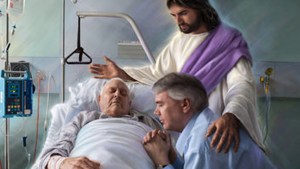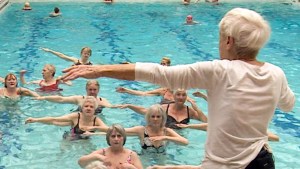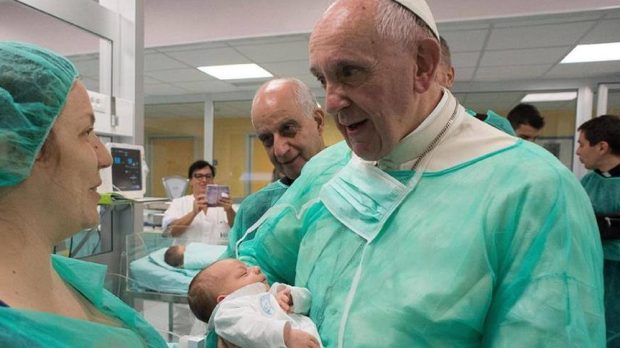Pope Francis laments a health care industry that runs the risk of making patients into numbers in the search for efficiency and cost reduction, but he also says that patients aren’t the only ones who can be victims. The health care workers themselves are at risk, the pope said in an audience with the Catholic Association of Healthcare Workers on the 40th anniversary of its founding.
“The care that you give to the sick, so demanding and engaging, requires that you also take care of yourself,” the pope urged them.
In fact, in an environment where the patient becomes a number, you too risk becoming one too, and being “burned out” by work shifts that are too hard, by the stress of emergencies, or by the emotional impact. It is therefore important that healthcare professionals have adequate safeguards in their work, receive proper recognition for the tasks they perform, and can use the right tools to be always motivated and trained.

Read more:
Pope says caregivers are like Mary at the foot of the Cross
The Holy Father also spoke to the health care professionals about the importance of the right of conscientious objection in an environment where “many consider that any possibility offered by technology” is also “morally feasible.” Instead, he said, every intervention “must first be carefully evaluated whether or not it effectively respects human life and dignity.”
The practice of conscientious objection, in the extreme cases in which the integrity of human life is endangered, is based therefore on the personal need to not act in a way contrary to one’s own ethical convictions, but also represents a message for the surrounding healthcare environment, as well as in relation to the patients themselves and their families.
The pope cautioned that in the use of conscientious objection, however, medical professionals should aim to act with humility, so as not to cause disdain, nor to effectively block others from seeing one’s true motivations in objecting to this or that practice.
“It is good instead always to seek dialogue,” the Holy Father said, “especially with those who have different positions, listening to their point of view and seeking to transmit your own, not like one who gives a lecture, but as one who seeks the true good of people.”

Read more:
A 90-year-old teacher’s advice for staying happy and healthy in old age

